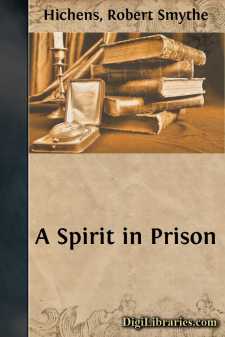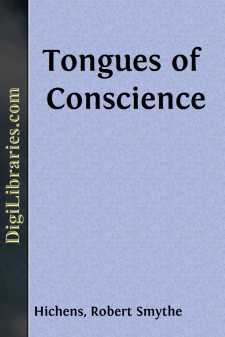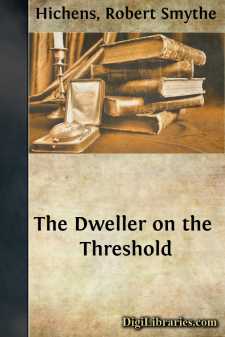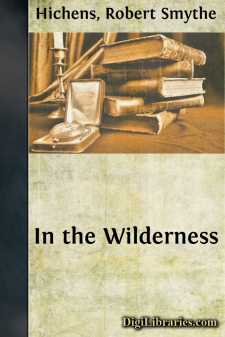Categories
- Antiques & Collectibles 13
- Architecture 36
- Art 48
- Bibles 22
- Biography & Autobiography 813
- Body, Mind & Spirit 142
- Business & Economics 28
- Children's Books 15
- Children's Fiction 12
- Computers 4
- Cooking 94
- Crafts & Hobbies 4
- Drama 346
- Education 46
- Family & Relationships 57
- Fiction 11829
- Games 19
- Gardening 17
- Health & Fitness 34
- History 1377
- House & Home 1
- Humor 147
- Juvenile Fiction 1873
- Juvenile Nonfiction 202
- Language Arts & Disciplines 88
- Law 16
- Literary Collections 686
- Literary Criticism 179
- Mathematics 13
- Medical 41
- Music 40
- Nature 179
- Non-Classifiable 1768
- Performing Arts 7
- Periodicals 1453
- Philosophy 64
- Photography 2
- Poetry 896
- Political Science 203
- Psychology 42
- Reference 154
- Religion 513
- Science 126
- Self-Help 84
- Social Science 81
- Sports & Recreation 34
- Study Aids 3
- Technology & Engineering 59
- Transportation 23
- Travel 463
- True Crime 29
December Love
Description:
Excerpt
CHAPTER I
Alick Craven, who was something in the Foreign Office, had been living in London, except for an interval of military service during the war, for several years, and had plenty of interesting friends and acquaintances, when one autumn day, in a club, Frances Braybrooke, who knew everybody, sat down beside him and began, as his way was, talking of people. Braybrooke talked well and was an exceedingly agreeable man, but he seldom discussed ideas. His main interest lay in the doings of the human race, the "human animal," to use a favorite phrase of his, in what the human race was "up to." People were his delight. He could not live away from the centre of their activities. He was never tired of meeting new faces, and would go to endless trouble to bring an interesting personality within the circle of his acquaintance. Craven's comparative indifference about society, his laziness in social matters, was a perpetual cause of surprise to Braybrooke, who nevertheless was always ready to do Craven a good turn, whether he wanted it done to him or not. Indeed, Craven was indebted to his kind old friend for various introductions which had led to pleasant times, and for these he was quite grateful. Braybrooke was much older than most people, though he seldom looked it, and decades older than Craven, and he had a genial way of taking those younger than himself in charge, always with a view to their social advancement. He was a very ancient hand at the social game; he loved to play it; and he wanted as many as possible to join in, provided, of course, that they were "suitable" for such a purpose. Perhaps he slightly resembled "the world's governess," as a witty woman had once called him. But he was really a capital fellow and a mine of worldly wisdom.
On the occasion in question, after chatting for about an hour, he happened to mention Lady Sellingworth—"Adela Sellingworth," as he called her. Craven did not know her, and said so in the simplest way.
"I don't know Lady Sellingworth."
Braybrooke sat for a moment in silence looking at Craven over his carefully trimmed grey and brown beard.
"How very strange!" he said at last.
"Why is it strange?"
"All these years in London and not know Adela Sellingworth!"
"I know about her, of course. I know she was a famous beauty when King Edward was Prince of Wales, and was tremendously prominent in society after he came to the throne. But I have never seen her about since I have been settled in London. To tell the honest truth, I thought Lady Sellingworth was what is called a back number."
"Adela Sellingworth a back number!"
Braybrooke bristled gently and caught his beard-point with his broad-fingered right hand. His small, observant hazel eyes rebuked Craven mildly, and he slightly shook his head, covered with thick, crinkly and carefully brushed hair.
"Well—but," Craven protested. "But surely she long ago retired from the fray! Isn't she over sixty?"
"She is about sixty. But that is nothing nowadays."
"No doubt she had a terrific career."
"Terrific!...












